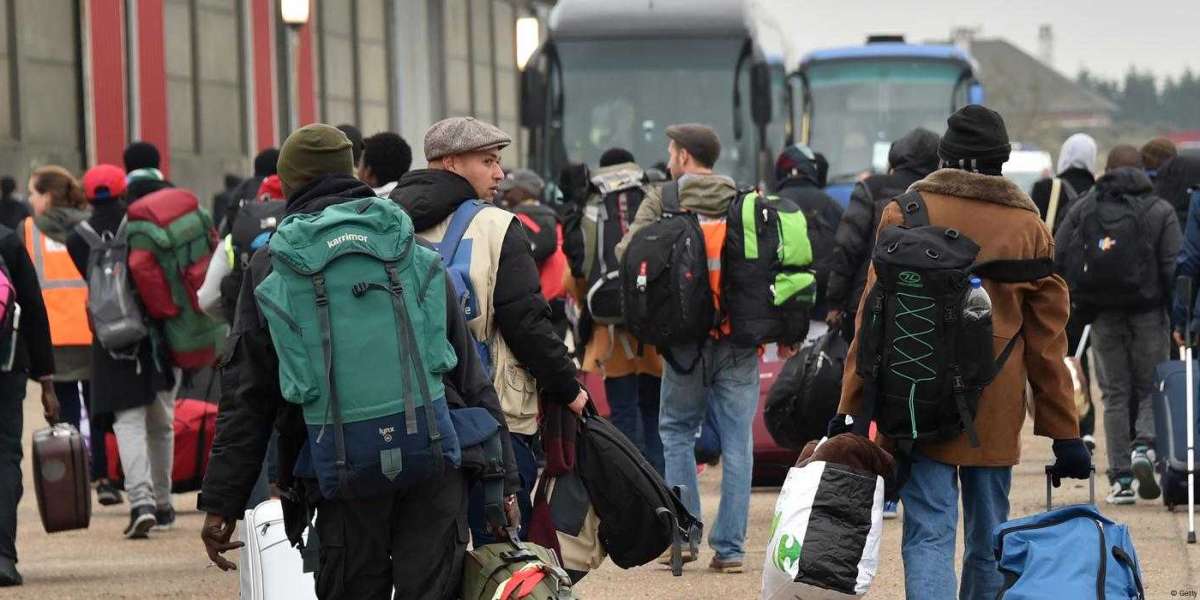Europe is once again facing a large-scale migration crisis. As of late 2024, the number of migrants from Africa and the Middle East continues to rise, increasing tensions within societies and among EU member states. This crisis once again highlights critical issues such as border control, shared responsibilities among nations, and the integration of migrants into European society.
Causes of the New Migration Crisis
The reasons for the current influx of migrants are diverse and interconnected. Many African and Middle Eastern countries remain plagued by armed conflicts, economic instability, and climate disasters. For instance, military conflicts persist in Sudan and Syria, while droughts and water shortages in Somalia and Yemen force people to seek refuge abroad.
Europe's economic prospects also remain appealing to migrants. Despite challenges such as inflation and rising living costs, many view EU countries as offering opportunities for a better life, including access to education and healthcare.
Europe’s Response to the Crisis
EU member states have proposed various approaches to addressing migration, but a unified plan has yet to emerge. Some countries, like Italy and Greece, which are on the frontlines of receiving migrants, call for greater solidarity and a fairer distribution of responsibilities. Meanwhile, Eastern European countries such as Hungary and Poland continue to advocate for stricter migration policies.
At the EU level, several key initiatives are under discussion:
Strengthening Border Control: Programs aimed at increasing funding for the Frontex agency are already being partially implemented. However, a lack of resources and personnel remains a challenge.
Agreements with Third Countries: The EU aims to strike more agreements with transit and origin countries of migrants. However, the effectiveness of existing agreements, such as those with Libya and Turkey, remains debatable.
Migrant Redistribution Mechanism: Proposals to establish quotas for redistributing migrants among EU member states face resistance from some governments.
Integration Challenges
Beyond border control, migrant integration remains a critical issue. Insufficient adaptation efforts lead to social conflicts, higher unemployment rates among migrants, and greater societal divides. Successful integration requires substantial investment in:
- Language and professional training courses;
- Access to educational institutions;
- Social adaptation and support programs.
However, many countries face budgetary constraints, limiting their capacity for comprehensive integration efforts.
The Future of Europe’s Migration Policy
The European Union is seeking a balance between humanitarian responsibility and national interests. Migration is not only an internal problem for Europe but also a global challenge requiring international cooperation. Strengthening dialogue with the UN and African nations could be a significant step toward long-term solutions.
Amid the growing influx of migrants, achieving unity in migration policies is critical for maintaining regional stability. Through compromises and long-term strategies, Europe can address this challenge while upholding its democratic values and ensuring the safety of its citizens.








